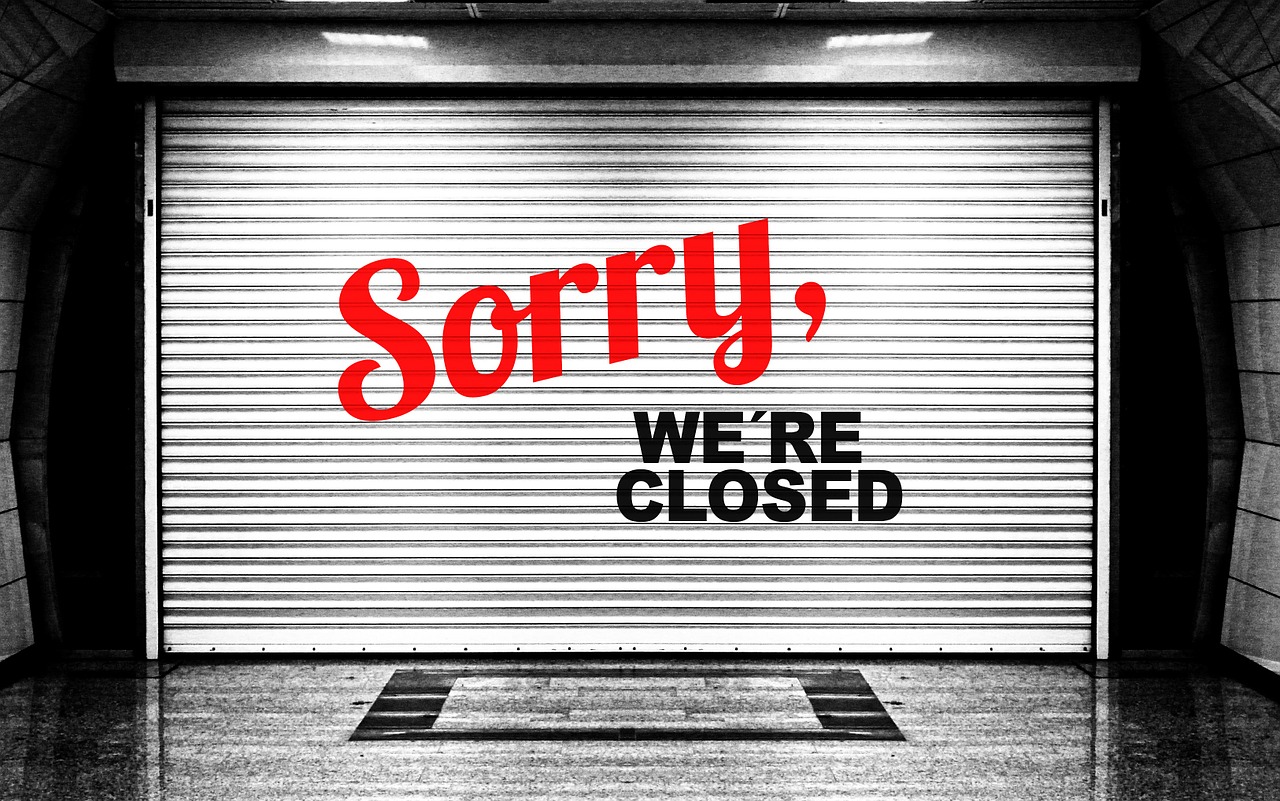There is little that businesses can do beyond relying on the government’s efforts until more clarity is provided.
The next few months will be a very difficult time for many UK businesses and individuals alike. The ongoing energy crisis has seen prices skyrocket for both households and organisations in the UK, but government action to address this challenge has focused largely on domestic energy prices. Businesses did not previously benefit from the Ofgem energy price cap, which means that they were more vulnerable to these price hikes than domestic customers.
I am writing this shortly after the UK government’s announcement that it will introduce a price cap for non-domestic energy users, but it is already too late for those businesses that have already closed as a result. Unfortunately, more look set to follow. While the government has acknowledged that most non-domestic energy users are on fixed tariffs, these may not always be as binding as they appear. Many business energy contracts contain provisions allowing energy companies to change their prices – even fixed rates – in response to unexpected shifts in market conditions.
My company experienced exactly this, when our energy company told us that it would increase our prices, even though we had agreed to a fixed tariff for three years. The company pointed to a clause within the terms and conditions of our contract that allowed them to adjust the price if market conditions changed unexpectedly.
What is causing the problem?
Energy companies and market commentators have identified the war in Ukraine as a major factor in destabilising the energy economy. Russia is one of the world’s largest exporters of oil and gas, but following the country’s invasion of Ukraine in February 2022, many countries have attempted to divest from their reliance on Russian energy. The EU introduced sanctions on Russia and in turn, Russia turned off the taps. As night follows day, with demand exceeding supply, the wholesale price of energy has been driven up significantly for domestic and business customers in the UK.
Many businesses and individuals are wondering why energy prices are rising across the board. Many households and businesses derive a significant proportion of their energy from renewable sources, and therefore, given that Russia does not control the wind, the waves, and the sun, why have all the energy costs risen? The answer is relatively straightforward: the price of energy as a whole is tied to the wholesale price of gas. Therefore, when gas prices increase, so too does the unit cost of energy produced from renewable sources.
Clearly, the UK Government has work to do. It must balance the short-term issues that we are all facing with the medium to long-term goals of net zero carbon emissions, all while dealing with geo-politics. In the meantime, this leaves many households and businesses in a difficult and uncertain position. It is imperative therefore, that all individuals and businesses save money wherever they can.
What options do businesses have?
The government recently announced a six-month energy bill relief scheme to support businesses and non-domestic energy users, to run initially from October 2022 until March 2023. This includes plans to set a Supported Wholesale Price for gas and electricity for non-domestic users, which could cut the expected wholesale prices for these utilities by as much as half over the six-month period. After this point, the scheme will be reviewed and may be extended, but this will provide little comfort to businesses that are struggling and do not know what type of long-term support they will be able to access.

There is little that businesses can do beyond relying on the government’s efforts until more clarity is provided – for example, the Supported Wholesale Price has not yet been determined. If businesses own the buildings they occupy, investing in solar panels and generating their own electricity could be a way to protect themselves from future price fluctuations and, obviously, reducing energy consumption to a minimum will be critical; in some EU countries, factories have moved to a short-working week to reduce energy consumption. However, we can only hope that the government recognises the threat to business and extends its own protections in order to mitigate any further damage.
If you are concerned that your business will be unable to pay its energy bills, or are worried about cash flow or other financial challenges, working with an experienced accounting firm can help you to take stock of your financial options and make the most of the assets you have available. An expert accountant may also be able to identify opportunities for you to reduce your overall tax burden, which is a valuable way for many businesses to save money.


Join the conversation!